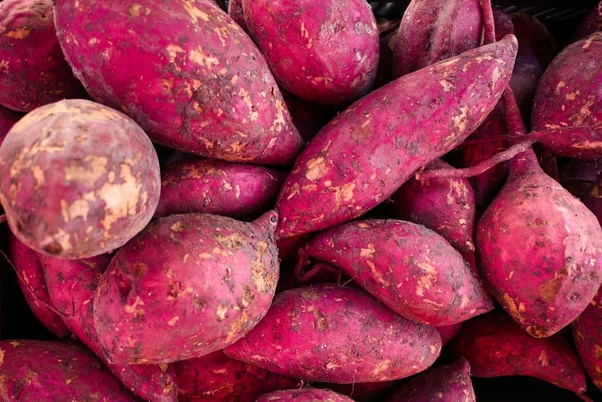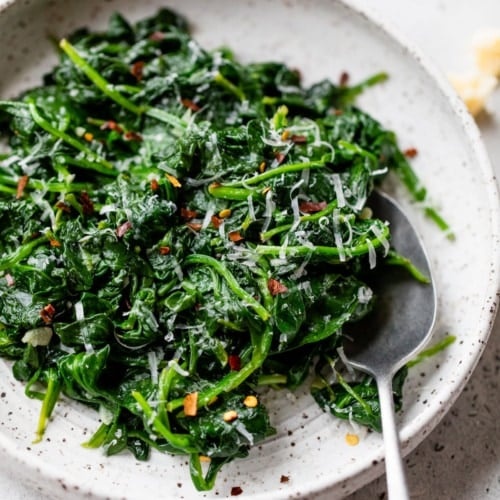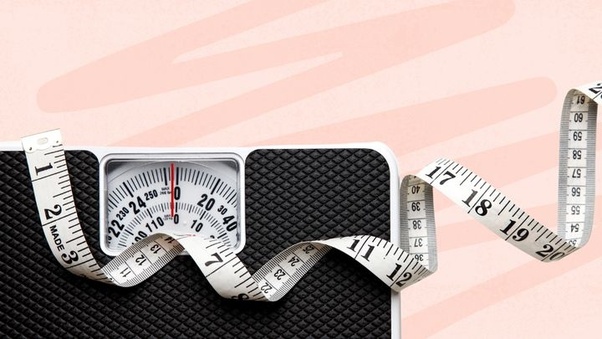Lowering your blood pressure naturally within a week is possible by making several lifestyle and dietary adjustments. While significant long-term reductions usually take time, here are several natural approaches that can help lower your blood pressure in just a week:
1. Increase Potassium Intake
Potassium helps balance sodium levels in the body, which is crucial for blood pressure management.
- Foods high in potassium: Bananas, avocados, spinach, sweet potatoes, tomatoes, beans, and salmon.
- Try to consume at least 3,500–4,700 mg of potassium per day from food, not supplements, unless advised by a doctor.

2. Reduce Sodium (Salt) Intake
- Sodium causes water retention, which increases blood pressure. The recommended daily sodium intake is no more than 1,500–2,300 mg (around 1 teaspoon of salt).
- Avoid processed foods, fast food, canned soups, salty snacks, and frozen meals as they are often high in sodium.
- Opt for fresh herbs and spices to flavor your food instead of salt.
3. Eat More Magnesium-Rich Foods
Magnesium helps relax blood vessels, which can lower blood pressure.
- Foods rich in magnesium: Dark leafy greens (like spinach), almonds, cashews, seeds (pumpkin and flax), and whole grains (brown rice, oats).

4. Stay Hydrated
- Dehydration can constrict blood vessels and lead to higher blood pressure. Drink 8–10 glasses of water throughout the day to keep your body well-hydrated.
- Limit sugary drinks, sodas, and alcohol, which can contribute to dehydration.
5. Exercise Regularly
- Exercise strengthens the heart, enabling it to pump blood with less effort, thus reducing the pressure on your arteries.
- Engage in aerobic exercises like brisk walking, jogging, cycling, or swimming. Aim for 30 minutes of moderate activity 5 days a week. Even a week of daily exercise can have measurable effects on blood pressure.
- Tip: Interval training (short bursts of intense activity) is especially effective in improving cardiovascular health.

6. Reduce Stress
Chronic stress contributes to hypertension, so finding ways to manage stress is crucial:
- Meditation and deep breathing exercises: Practice slow, deep breathing for 5–10 minutes daily to calm your nervous system.
- Yoga: This can combine both physical movement and stress reduction techniques.
- Ensure you get enough sleep: Poor sleep quality can increase blood pressure, so aim for 7–8 hours of rest each night.

7. Cut Back on Caffeine
- Caffeine can cause a temporary spike in blood pressure. If you’re sensitive to caffeine, reducing your intake of coffee, tea, and other caffeinated drinks can help.
- Try switching to decaffeinated versions or herbal teas, such as hibiscus tea, which has been shown to help lower blood pressure.
8. Lose Excess Weight
- Weight loss has a direct effect on reducing blood pressure. Even small amounts of weight loss (about 5–10 pounds) can make a noticeable difference in your blood pressure levels.
- Focus on a healthy diet and portion control to aid in weight management.

9. Increase Fiber Intake
Fiber, especially from whole foods, helps improve heart health and lowers blood pressure. Incorporate more:
- Whole grains (oats, quinoa, whole wheat).
- Fruits and vegetables (apples, berries, leafy greens).
- Legumes (beans, lentils).
10. Limit Alcohol Consumption
- Drinking alcohol in moderation (or not at all) can help keep blood pressure in check.





